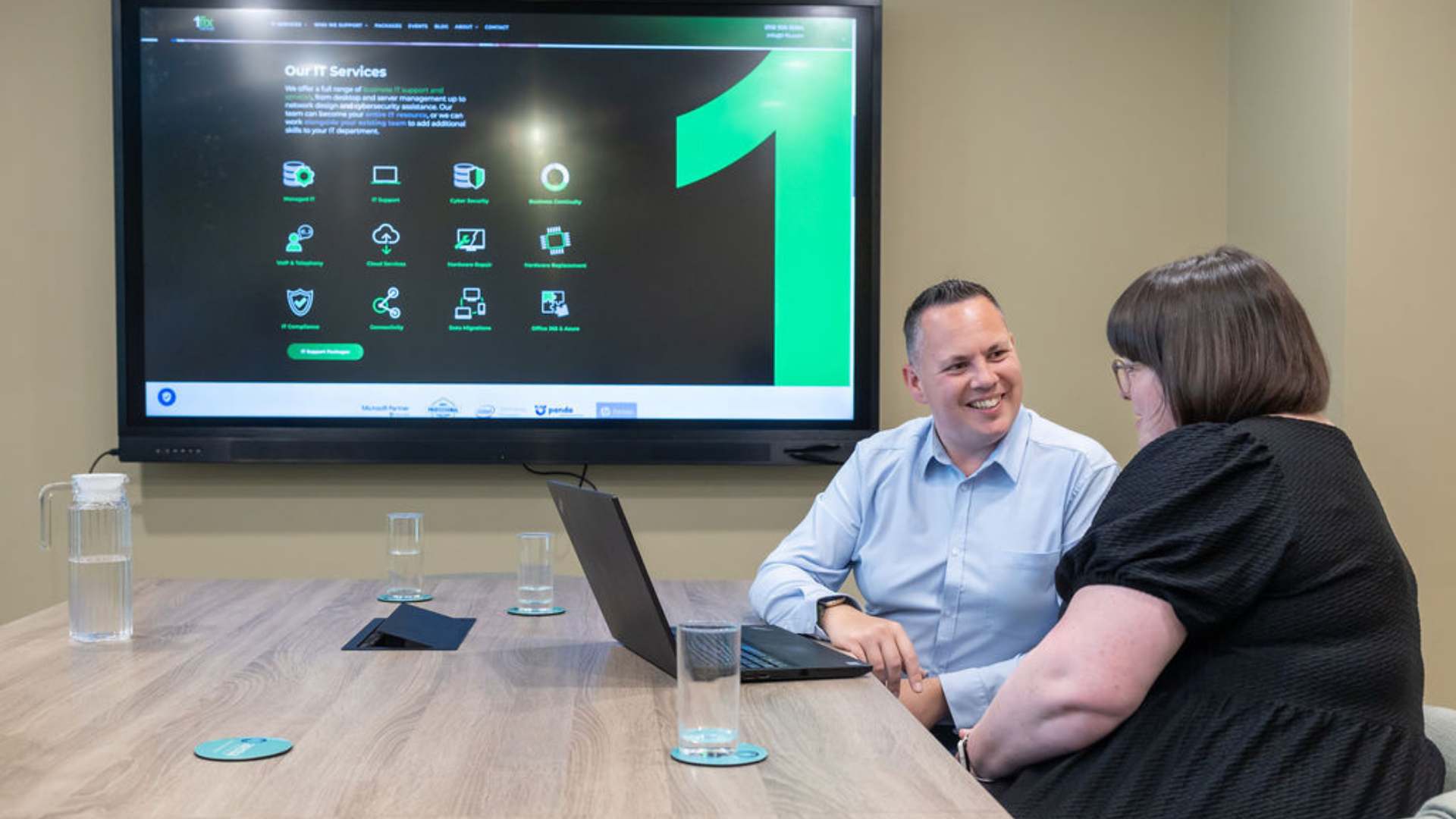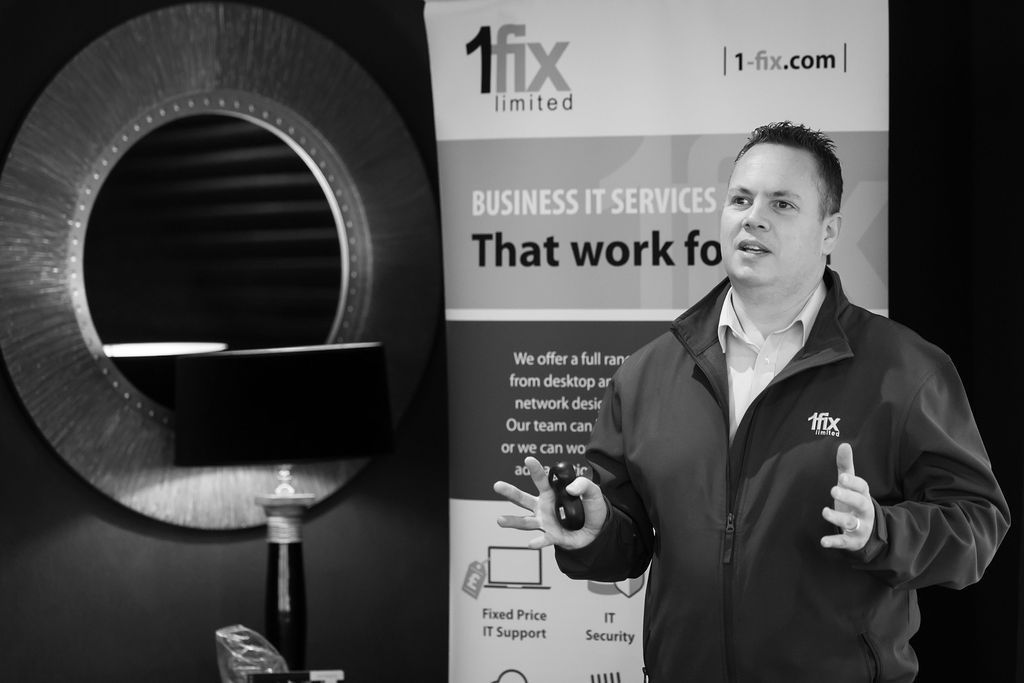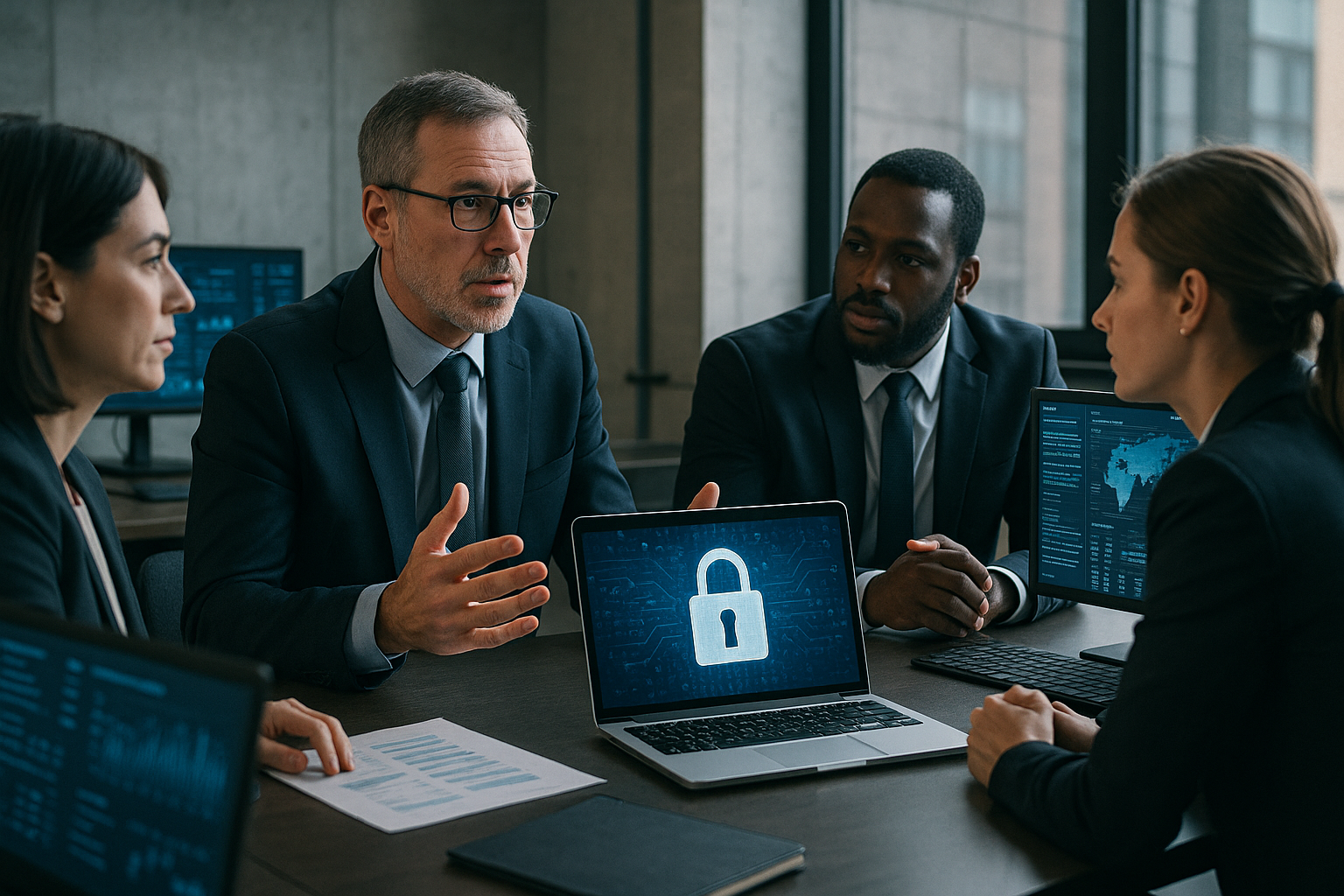1-Fix | Should Care Homes Have Cyber Essentials Certification?
We're all aware that the importance of cybersecurity can't be overstated, especially for care homes that handle sensitive patient data. Cyber Essentials and Cyber Essentials Plus are two certifications that can significantly improve the security of your care business. But what exactly are these certifications, and why are they crucial for care businesses?
What is Cyber Essentials?
Launched in June 2014, Cyber Essentials is a government-backed scheme designed to help organisations protect themselves against a wide range of common cyber-attacks. It is a self-assessment accreditation that focuses on implementing essential technical controls to increase protection against cyber threats. The certification lasts for 12 months and is often required by suppliers to the UK government who handle sensitive information or data.
What Is Cyber Essentials Plus?
Cyber Essentials Plus builds on the foundation of Cyber Essentials by adding an independent assessment. This means that, in addition to the self-assessment, an external auditor verifies that the necessary technical controls are in place and functioning correctly. This additional layer of scrutiny provides an extra level of assurance that the organisation is well-protected against cyber threats.
Why Are These Certifications Important for Care Businesses?
- Data Security: Care homes handle a vast amount of sensitive patient data. Achieving Cyber Essentials certification demonstrates a commitment to protecting this data from cyber-attacks.
- Reputation: Having Cyber Essentials certification promotes your care home as actively working against potential cyber-attacks, which can enhance your reputation and build trust with patients and their families.
- Compliance: UK government contracts may require Cyber Essentials certification, making it essential for care homes that wish to work with government bodies.
- Business Growth: The certification can help attract new business by showcasing the security measures you have in place.
The Process of Getting Certified
- Self-Assessment: For Cyber Essentials, the organisation completes a self-assessment questionnaire, which is then reviewed by a certification body.
- Independent Assessment: For Cyber Essentials Plus, an external auditor conducts an independent assessment to verify the implementation of the required technical controls.
- Certification: Once the assessments are successfully completed, the organisation receives the certification, which is valid for 12 months.
How 1-Fix Can Help
At 1-Fix, we offer consultancy services to assist your care home in achieving Cyber Essentials certification. We can help you complete the required questions, identify gaps in your technical controls, and work with you to rectify these issues. Our knowledge and experience with the certification process can guide you through the requirements and reduce the stress associated with compliance. Additionally, we can help you stay updated with the changing compliance requirements and ensure that your care home remains protected against evolving cyber threats.
In conclusion, achieving Cyber Essentials certification is a smart move for care homes. It not only enhances data security and compliance but also boosts your reputation and business growth. Consider adding Cyber Essentials accreditation to your IT roadmap for 2024 to ensure your care home is well-protected against cyber threats.
Join Our Mailing List
All sign-ups are handled inline with our privacy policy and can unsubscribe at any time.






















